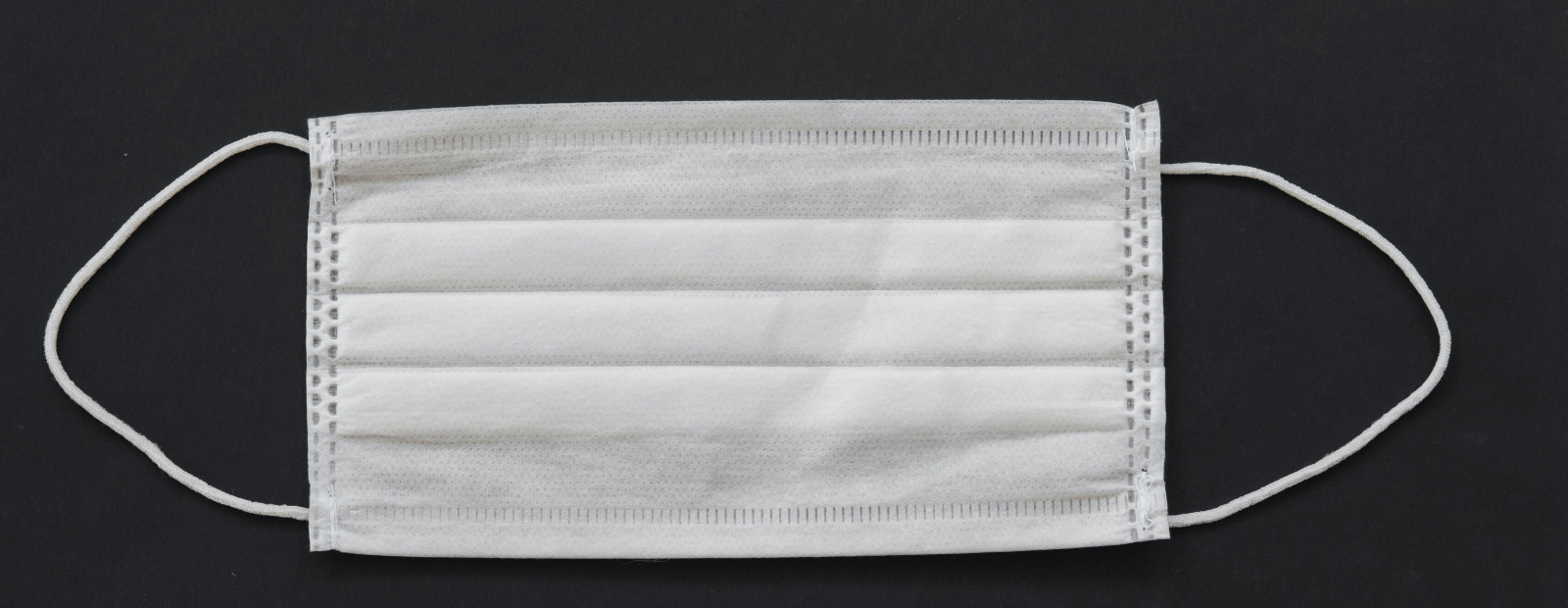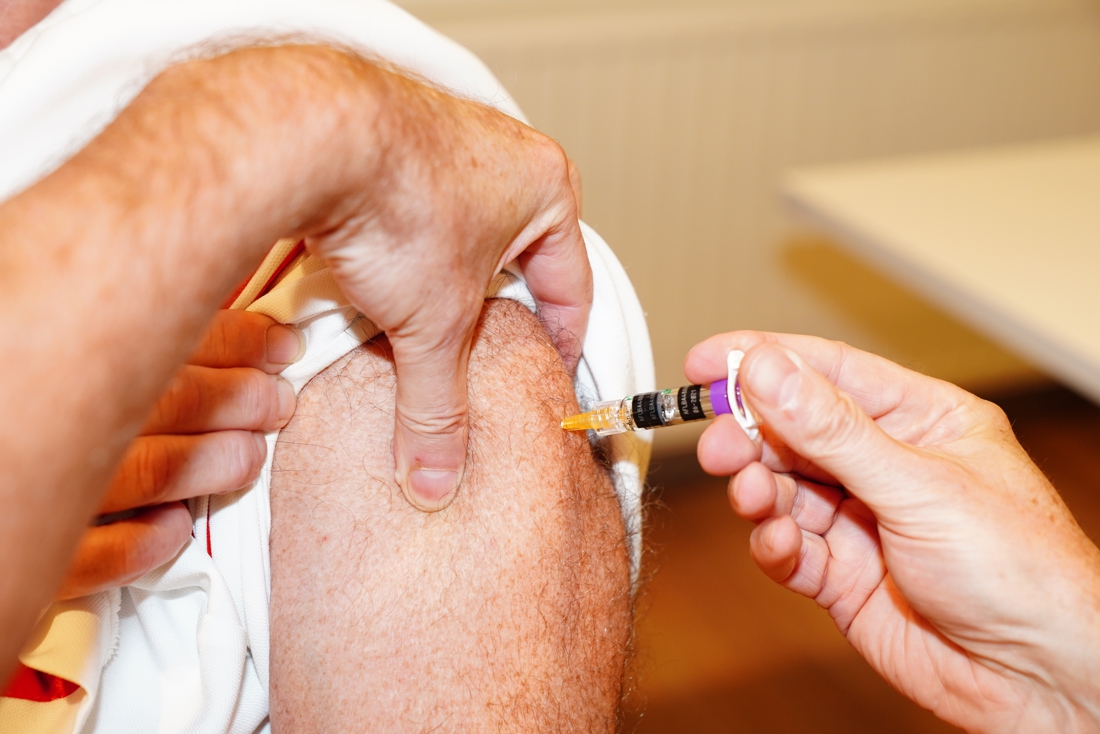This requirement will take effect on Friday, October 1.
The Cabinet of Ministers has approved amendments to the decision on the state emergency, stipulating that masks will have to be worn in premises where trade takes place, services are provided and events are organized independently, or these activities are performed by presenting a so-called opportunity passport – a document certifying that the person has been vaccinated against Covid-19, has contracted the disease or tested negative in the last 48 hours.
Failure to wear the mask will be the personal responsibility of the offender – the customer or the recipient of the service.
According to the Minister of Health Arūns Duļķis, the existing exceptions remain in force – masks are not mandatory for people who cannot wear them due to their health condition or the nature of the services provided, as well as in cinemas and during meals in public catering establishments.
Prime Minister Ingrīda Šimonīte has pointed out that masks will also have to be worn at work if people work “in physical contact indoors”.
Schools will have the same rules that stipulate that masks should not be worn only by primary school pupils.
The decision to impose a mandatory mask requirement was taken in the context of the rapid spread of the new coronavirus delta and the unfavorable epidemiological situation in the country.
“Currently, 67.7% of the population in Lithuania have acquired immunity to Covid-19 through vaccination or disease, but the level of immunization is still not sufficient to control the spread of the virus,” the explanatory memorandum states.
Since September 13, restrictions have been in force in Lithuania for people who do not have a passport. They are allowed to shop only in small shops of daily necessities with a separate entrance from the outside, to visit libraries and museums and receive the necessary services of state and municipal institutions, but are not allowed to visit public catering establishments, sports clubs, receive beauty services and participate in events with more than 500.
Holders of passports do not have to comply with any restrictions, but they are currently advised to continue to comply with security requirements – to wear masks, disinfect their hands and keep a safe distance between people in public places.
Last week, the 14-day cumulative number of infections per 100,000 inhabitants in Lithuania exceeded 500, and the country as a whole entered the so-called black zone after the four-zone division introduced to assess the epidemiological situation in municipalities, but by Wednesday it has risen to 656.3 .
Last day, infection with the new coronavirus was confirmed in another 1,847 people and 14 more Covid-19 deaths were reported. 1171 Covid-19 patients are currently being treated in hospitals, 129 of whom are in resuscitation.
–

